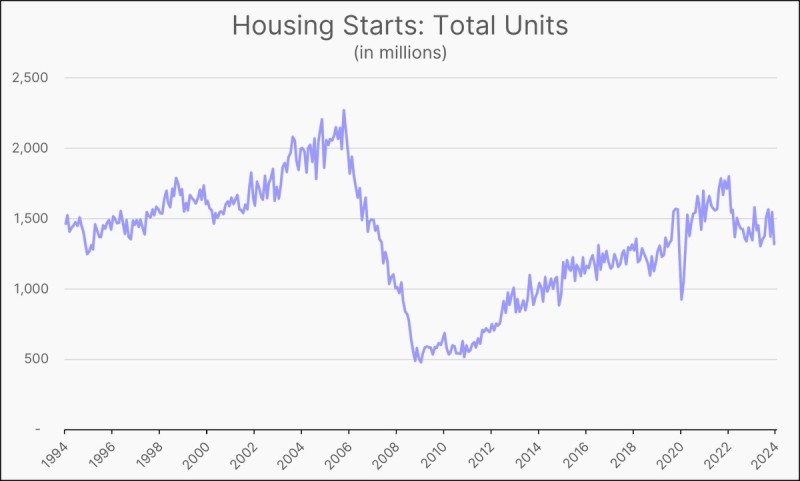Advertisement
MBA Study Examines Foreclosures and Decline in American Cities

The Great Recession of 2007-2009 has created new declining cities, and posed further difficulties for cities already in decline. Some cities may not reattain home price peaks for many years, and could see some neighborhoods cease to be viable economically, according to a study released by the Mortgage Bankers Association (MBA). "A Study of Real Estate Markets in Declining Cities," conducted by James R. Follain, Ph.D., senior fellow of the Rockefeller Institute of Government and sponsored by the MBA's Research Institute for Housing American (RIHA), analyzes the recession's impact on real estate markets in cities in the midst of a severe and persistent economic decline.
The study includes detailed statistical analysis of trends in U.S. metro areas over the past 40 years, paying particular attention to seven large metro areas since 2000, and a comprehensive review of existing academic research on this topic.
"The primary goal of this paper is to offer insights on the potential future evolution of real estate markets in cities that are in the midst of a severe and persistent economic decline. Typically, a declining city is one that suffers a major loss in population owing to a dramatic reduction in its employment base," said Follain. "These are cities that lost comparative advantage in the production of a manufacturing product like automobile or steel but the newly identified declining cities are places that grew substantially during the housing boom and are now experiencing unprecedented declines in home prices and increases in foreclosures."
Key findings from the study include:
►Substantial home price deterioration occurs in markets that suffer significant declines in population or employment. Such declines in population and employment trigger reduced demand for housing. Because people are more mobile than houses, it often takes many years for supply and demand to become balanced again and for house prices to return to the levels they achieved prior to the negative economic event.
►The impacts among neighborhoods or smaller cities within metropolitan areas experiencing substantial overall decline are likely to be widely disparate and could well threaten the sustainability or long-term viability of some previously stable neighborhoods.
►Both home buyers and lenders will have a tendency to avoid places plagued by high foreclosures, vacancies, and a deteriorating quality of the housing stock due to deferred maintenance.
►More data and information will allow us to become more confident of where we are headed. Success stories at the neighborhood level would be especially appreciated and could be done as case studies like the one noted earlier about Flint, Mich. Data that assess these programs should be made more available to a wide range of institutions committed to honest and objective analysis of the programs.
"The future viability of these areas may be threatened by recent economic events," said Follain. "This is a critical point that should be well understood by potential home buyers and lenders who want to avoid places plagued by high foreclosures, vacancies and a deteriorating housing stock due to deferred maintenance. Overall, neighborhood choice is likely to become a more important component of housing decisions in those markets particularly hard hit by the current housing crisis and the Great Recession."
Michael Fratantoni, MBA's vice president of research and economics said, "Though the pace and extent of the overall economic recovery of these markets is still far from certain, many places will likely resume growth and fully recover within the next decade or so. This will likely not to be the case for all metropolitan areas, however. Even among those metro areas with relatively brighter long-run prospects for growth, certain segments or submarkets within them may remain well below the peaks reached at the height of the boom for many years to come."
Click here to obtain a copy of "A Study of Real Estate Markets in Declining Cities."
For more information, visit www.mortgagebankers.org.
About the author





